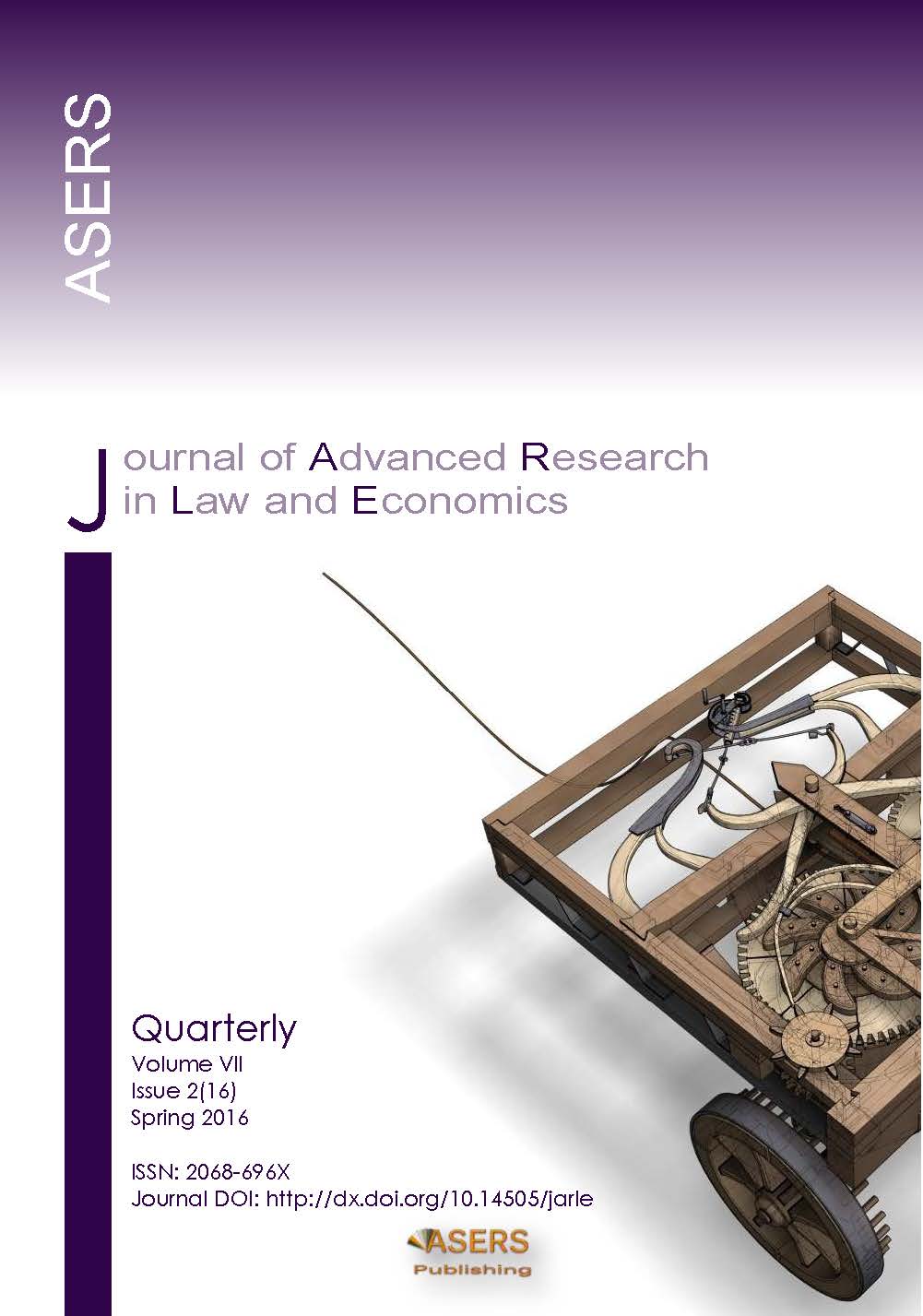Revisiting the Legal Consequences of International Accreditation of Higher Education Programs in the Russian Federation
Revisiting the Legal Consequences of International Accreditation of Higher Education Programs in the Russian Federation
Author(s): Andrey Y. Aleksandrov, Svetlana V. Barabanova, Svetlana B. Vereshchak, Olga A. Ivanova, Zhanna A. AleksandrovaSubject(s): Social Sciences
Published by: ASERS Publishing
Keywords: state and public accreditation; public control in higher education; educational programs; international accreditation;
Summary/Abstract: The urgency of the problem under investigation is due to the fact that in the conditions of educational reform as an integral part of the Russian Federation's state policy in establishing constitutional state and civil society, the approach to assessing the quality and relevance of educational services by applicants, students and employers has changed. The article aims at making recommendations to improve the efficiency of public control over the quality of educational services and specialist training in educational institutions of higher education. The leading approach to the study of this problem is to analyze the Volga Federal District higher education institutions’ experience of public accreditation of educational programs of higher education, including international accreditation, and the assessment of its legal and other consequences to applicants, students, employers and universities. As a result of the research a conclusion was made to further use the procedures of international accreditation in assessing the quality of higher education, as well as to widen the scope of international public control subjects concerning the quality and relevance of education by including the humanities and social sciences in the list. Proposals are made to improve the legal framework of international accreditation system by establishing uniform criteria for assessment, which are relevant in state monitoring, prohibition of control procedures duplication, which the university goes through within the process of state accreditation, setting the frequency of public accreditation, determining the subjects of international public accreditation, whose decision have a legal consequences to educational institutions. The subject-matter of the article may be useful in practical terms to legislative and executive authorities, public organizations carrying out the procedure of public accreditation of educational programs of higher education and other participants of higher education system, as well as scientific and teaching staff for further research of international accreditation problems of educational programs, taking into account the national and international experience.
Journal: Journal of Advanced Research in Law and Economics (JARLE)
- Issue Year: VII/2016
- Issue No: 16
- Page Range: 202-210
- Page Count: 9
- Language: English
- Content File-PDF

